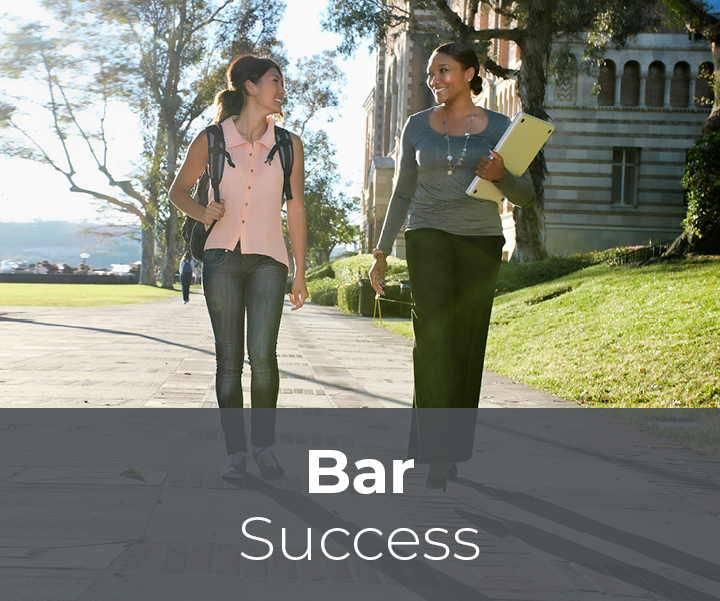
Grantee Research
Looking Back: A Case Study of Career Interest and Experiential Learning in Law School
Document Type
Law Review Article
Publication Date
5-2021
Keywords
legal education, experiential learning, career preferences, law school curriculum
Abstract
Even though experiential learning has received renewed attention in the legal academy in the last decade, students themselves remain largely left out of the discussion. This, at the very least, is shortsighted. Asking students about curricular opportunities for experiential learning should be a larger part of the discussion.
After all, if students do not perceive a value in legal education in light of the cost, the lights could soon go out at many law schools. The 2020 symposium hosted by the Business Lawyering Institute at Willamette Law School on Teaching Better Business Lawyering led us to think about our own research—surveys of law students at the University of Denver (“Denver Law”)—in a new way. One involving students whose career goals are related to a non-litigation business practice, and specifically exploring their experiences with and views of experiential education. Do student experiences and views differ based on career goals, and if so how? Are students with an interest in a business practice different than their peers with different interests?
This article is divided into four parts. First, some general observations on what led us to think about our research differently—the importance of career relevance with attention to students interested in a business-related career. Second, an overview of our ongoing study of students and experiential learning at Denver Law, a study designed to follow an incoming class as it goes from first year to last and into the practice of law. Third, through the lens of career interest, an analysis of 1L Denver Law students’ preferred style of learning and their views on experiential learning. Fourth, a corresponding analysis of Denver 3/4L students with a difference. Where the 1L analysis explores learning style and experiential learning as students enter law school, the 3/4L analysis explores these matters as they are finishing. The 3/4Ls were asked to look back on their time at Denver Law with regard to experiential learning and compare to themselves as 1Ls.
Most importantly, we found a persistent, strong, and clear preference for a teaching and learning methodology focused on experiential learning for students generally – including business law students.



